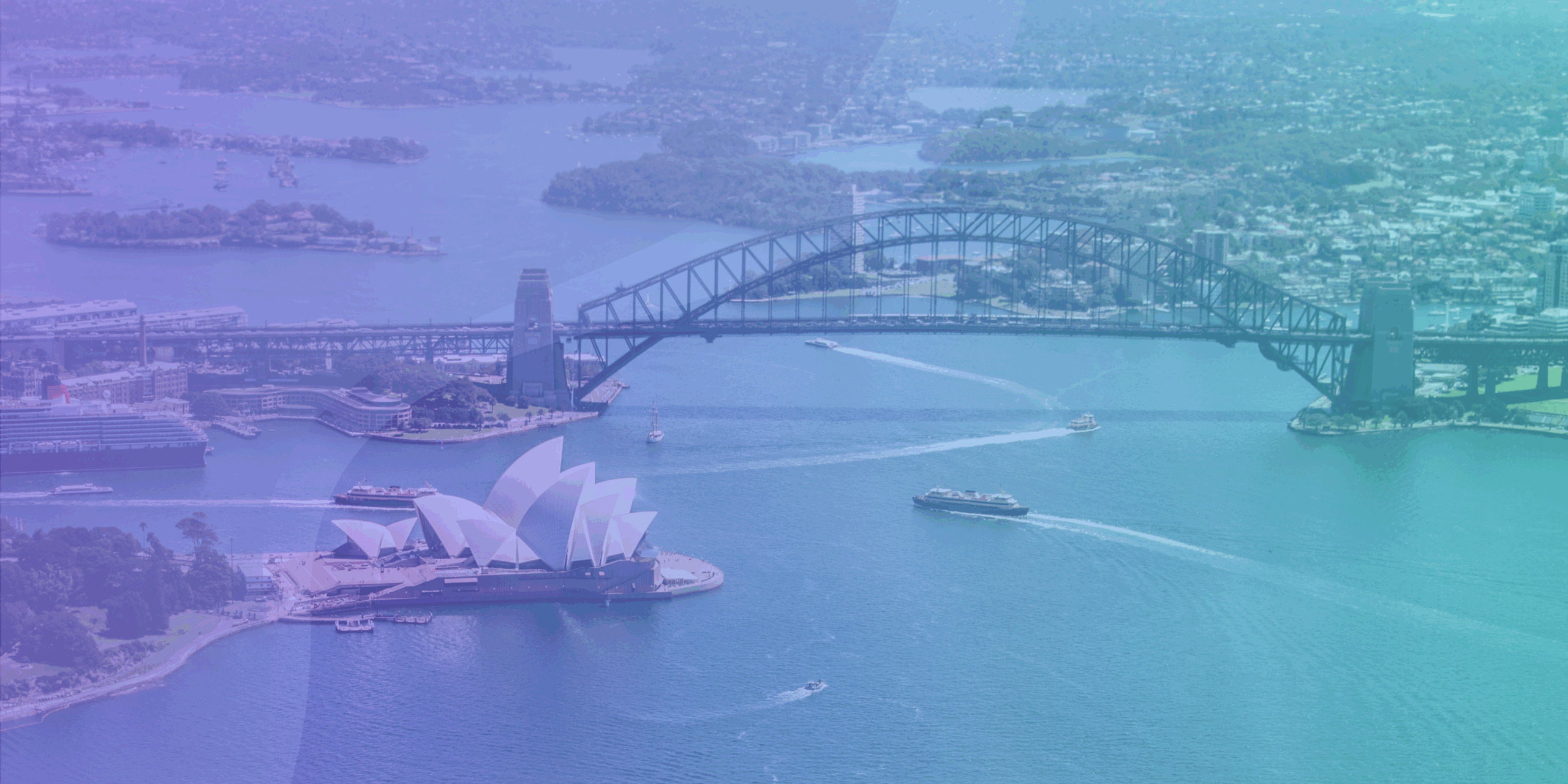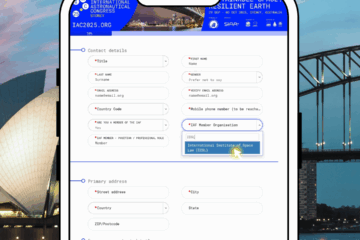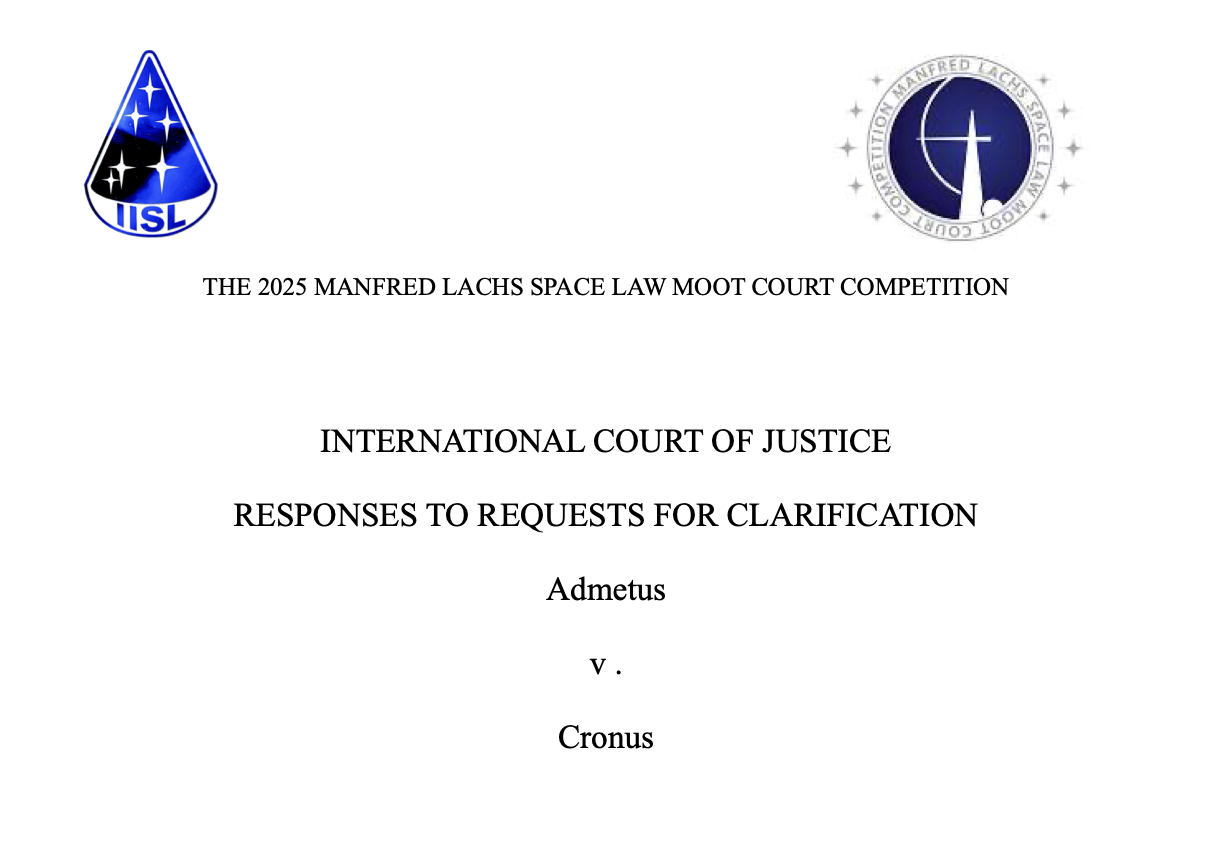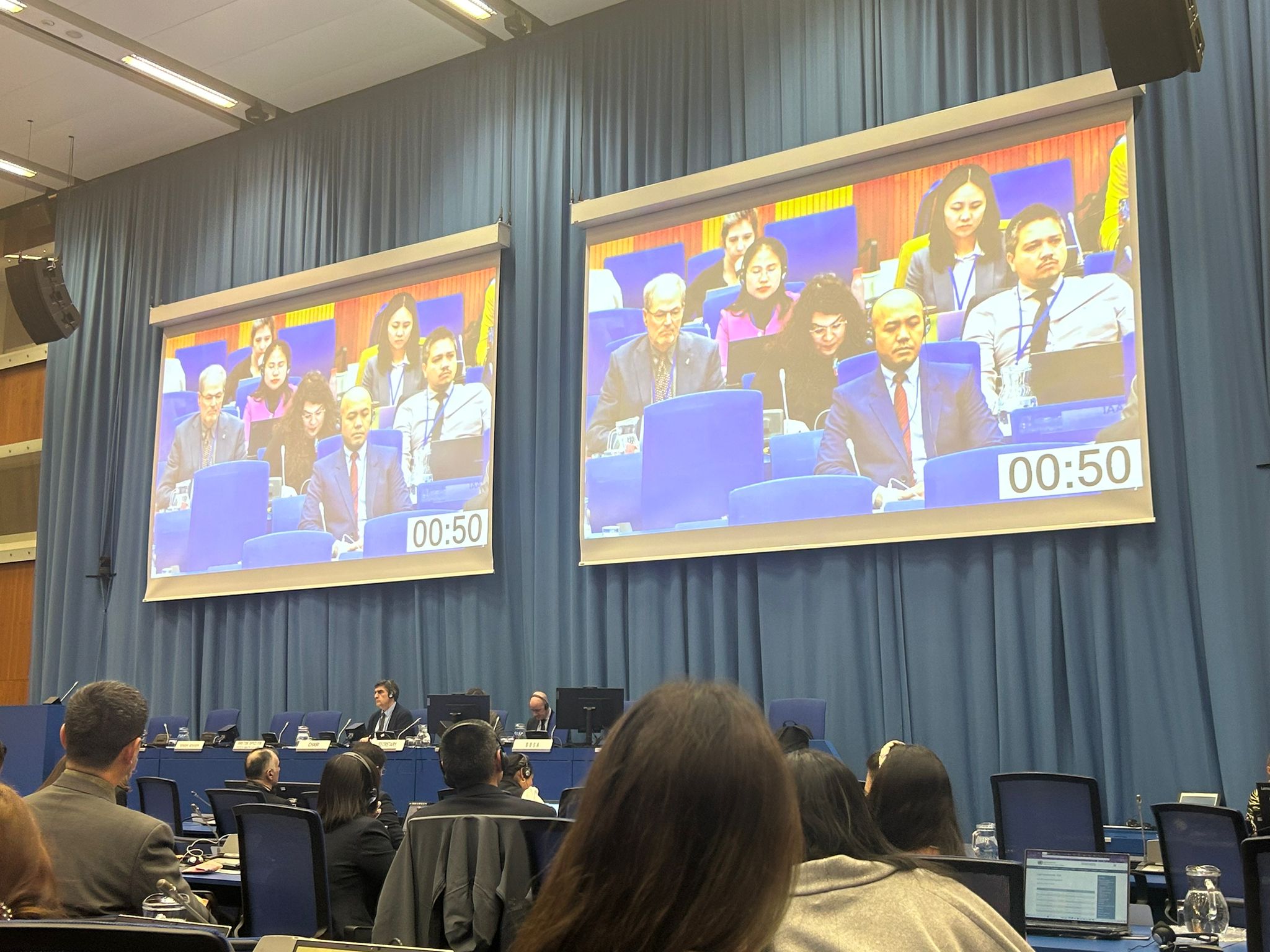2025 Manfred Lachs Space Law Moot Court: World Final in Sydney
We are pleased to invite attendees of the International Astronautical Congress (IAC) in Sydney to the World Final of the Manfred Lachs Space Law Moot Court Competition, to be held on Thursday, 2 October 2025. This distinguished event will feature oral arguments before sitting judges of the International Court of Read more




